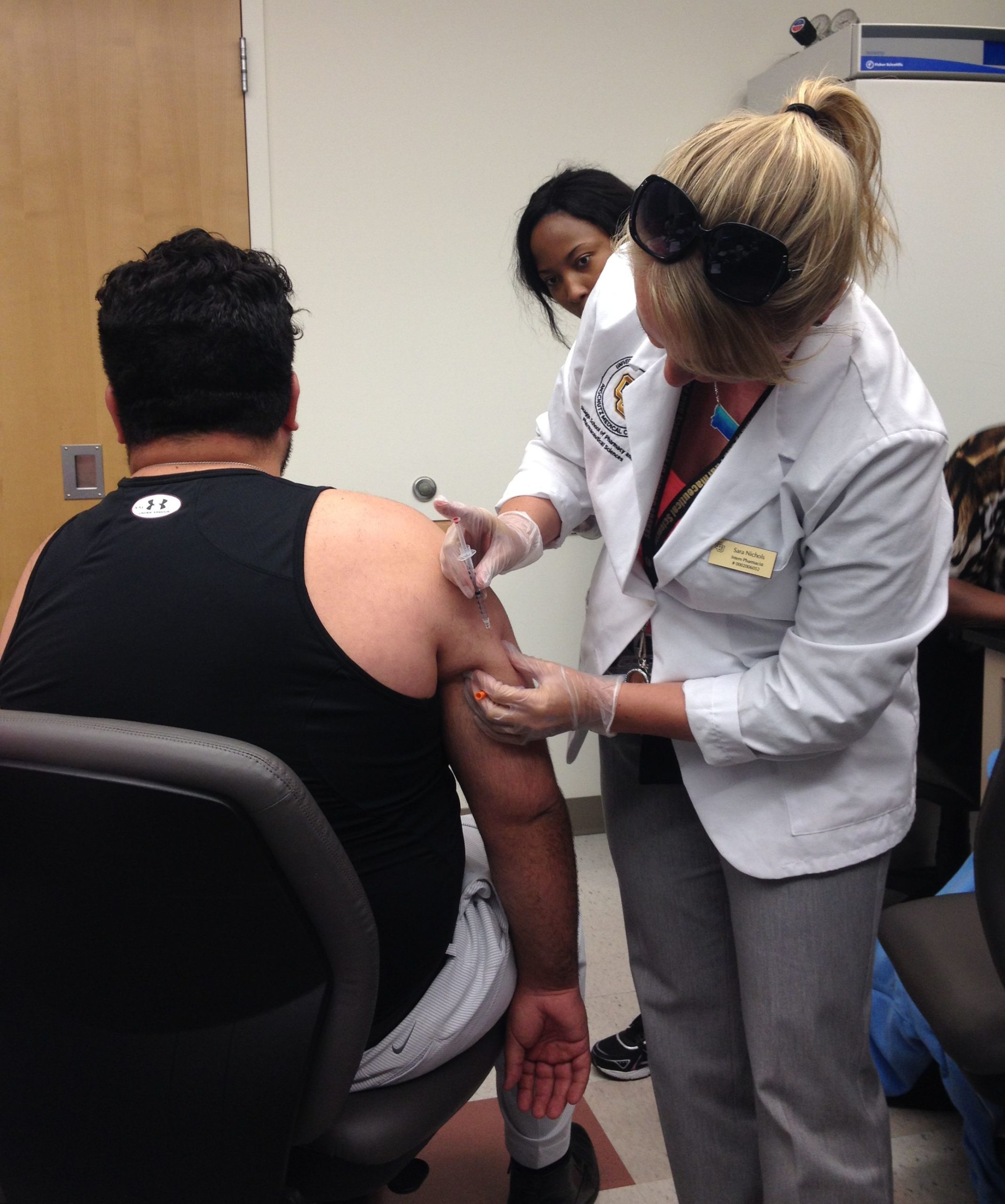Fall is upon us, which means cold and flu season is also lurking in its shadows. While there has already been a wave of COVID (Corona Virus Disease) this summer, we are likely to see continued cases of respiratory viruses this fall and winter, as usual. You may find yourself wondering if you should get the flu shot this year. There are also several other respiratory virus vaccines that you could get, including RSV (Respiratory Syncytial Virus), pneumonia, and COVID. So how do you pick which vaccines to get, or should you get all of them?
Also see our blog about The Shingles Vaccines
Vaccines are a way that you can help your body prepare to fight off viruses and severe illness. Vaccines teach your body what to do when they encounter one of the viruses it is helping protect you against. They can help prevent you from the virus entering your system at all, but not always. The true strength of vaccines is their ability to help prevent you from developing a severe illness or dying from the virus. For COVID, the vaccines may also help prevent you from developing “Long COVID”. Long COVID is when you have a chronic condition after having COVID and for at least 3 months after your COVID infection.
So which vaccines are most important for you to get, or should you get all of them? The answer likely depends on your age and other health conditions that you have. Most people of all ages over 6 months should consider getting this year’s flu and COVID vaccines. If you’re over the age of 75, the CDC (Centers for Disease Control) recommends getting the RSV vaccine as well. If you’re age 65-74 and at a heightened risk for getting RSV, you should also get the vaccine according to the CDC. For all people over the age of 65, the CDC recommends getting the pneumococcal vaccine series to protect against pneumonia.
For those under 65 with certain high-risk conditions (like immune compromising conditions or heart, liver, or lung diseases) may also be recommended to receive the pneumonia vaccines. If you’re not sure whether you should be getting a vaccine, feel free to ask your health care provider or pharmacist.
If you would like to receive multiple vaccines, you may be able to get multiple vaccines all at once! Most of these vaccines can be administered together. If you’d like to save another trip, ask your provider or pharmacist which vaccines they can administer all at once for you. If you prefer to get the different recommended vaccines at multiple visits, you don’t have to wait any specific amount of time in between visits for these vaccines.
Disclaimer: This blog is written for informational and educational purposes only. It is not intended to be a substitute for professional medical advice, diagnosis, or treatment. Always seek the advice of your physician or other qualified health provider with any questions you may have regarding a medical condition. Never disregard professional medical advice or delay in seeking it because of something you have read or seen online.
Resources:
1) CDC vaccine information: https://www.cdc.gov/respiratory-viruses/prevention/immunizations.html
2) CDC Long COVID information: https://www.cdc.gov/covid/long-term-effects/index.html
3) CDC Pneumonia recommendations: https://www.cdc.gov/pneumococcal/hcp/vaccine-recommendations/index.html












